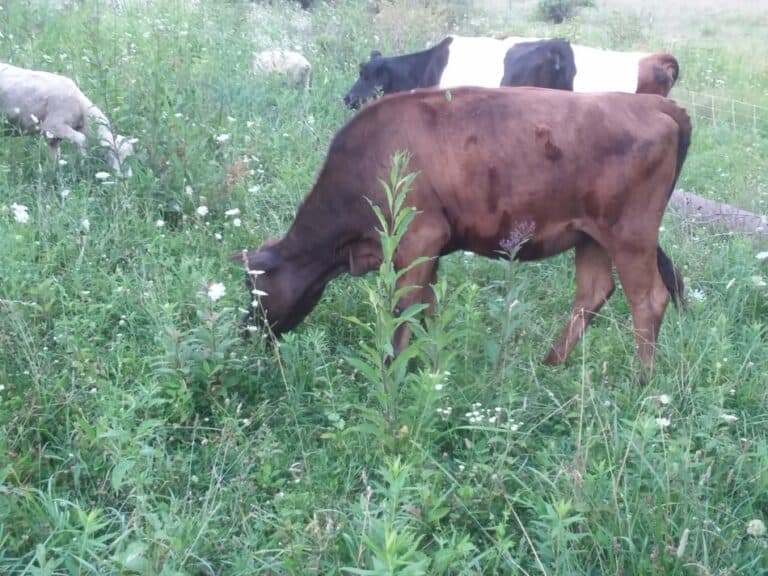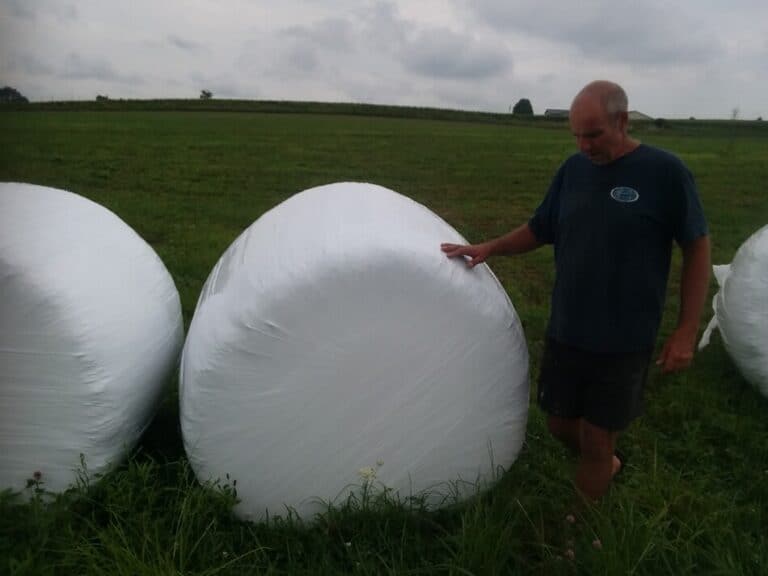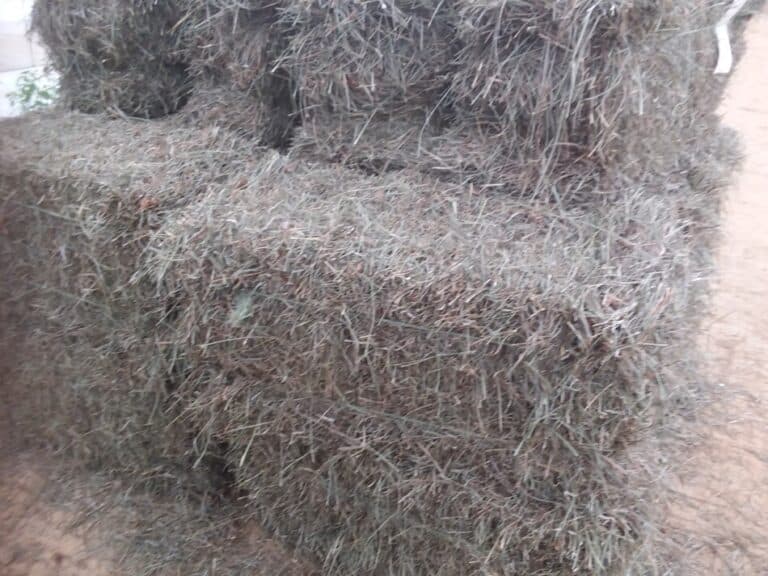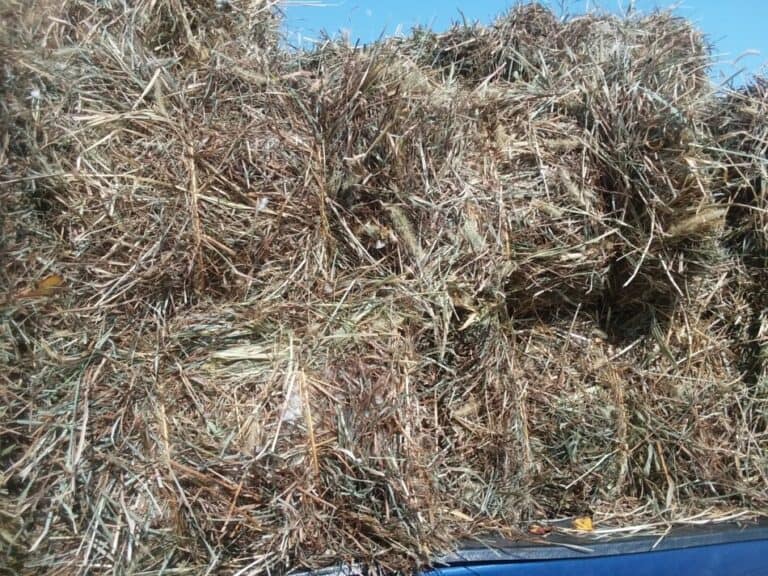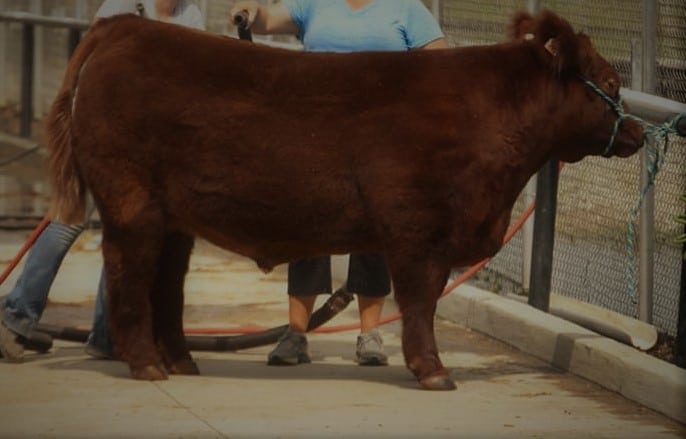Animal Husbandry vs. Livestock Farming: What’s The Difference?
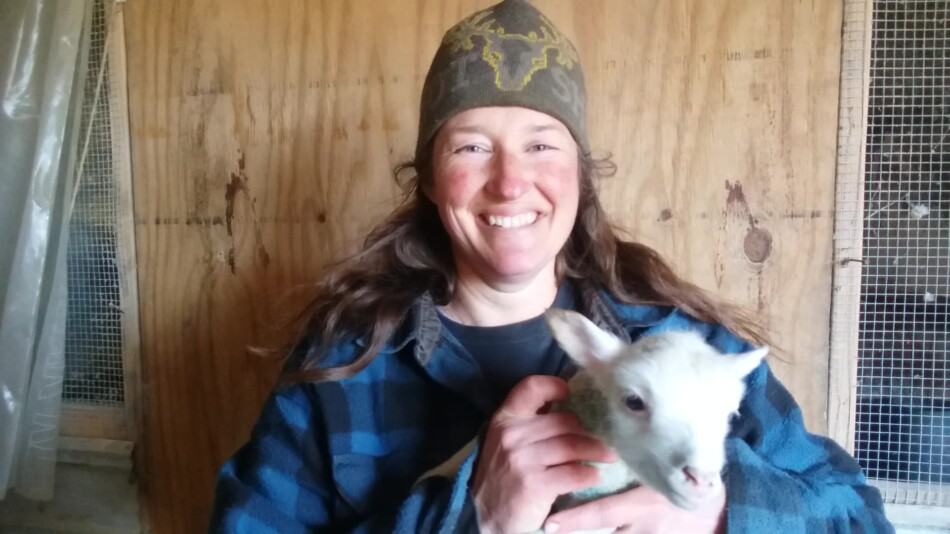
Wondering what exactly is the difference between animal husbandry and livestock farming?
At first, the two phrases seem the same, but actually they refer to two separate aspects of raising livestock.
Livestock farming is raising livestock to sell for income. Animal husbandry refers to the way the farmer/rancher interacts with the livestock.
Animal husbandry is animal care
Animal or livestock husbandry is the phrase that covers all of your activities that directly involve the animals.
This would include, milking the cows, feeding the sheep, moving the pigs, you get the idea.
Any time you and your livestock are together there is animal husbandry involved.
Farm Animals That Can Be Raised Together shows you how you can keep animals with differing needs happy when living together.
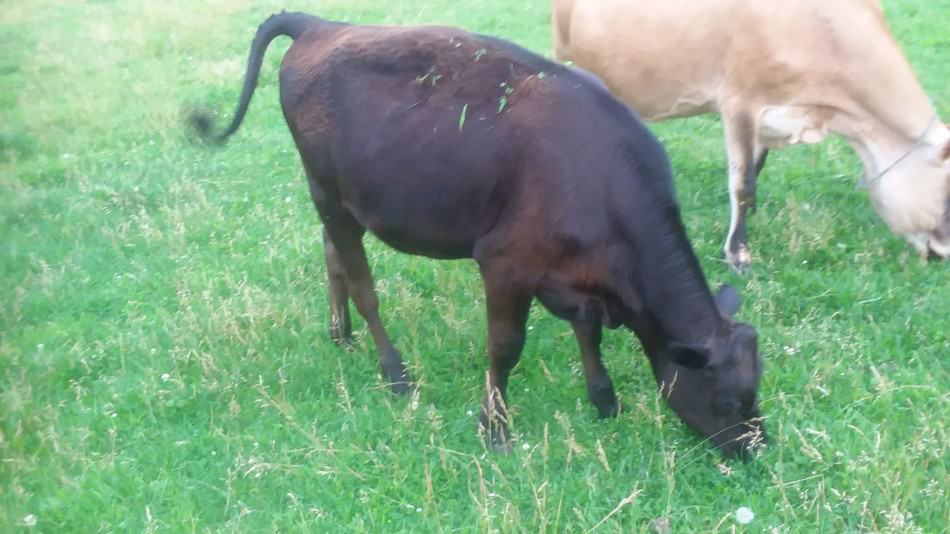
Good animal husbandry is a vital skill
The real question to ask though, are you practicing good animal husbandry or poor animal husbandry?
Think about a parent taking care of kids, some are doing a good job raising great kid, others doing a poor job, but all are parenting.
It’s the same with animal husbandry the farmer makes things go well for his animals or poorly, depending upon how he interacts with them and provides for their needs.
Livestock farming is raising animals
Livestock farming is raising and selling livestock for income. This means the livestock are not viewed as pets, they are workers on the farm.
The animals, cattle, sheep, pigs, etc. are kept for production reasons, and will also be sold for production reasons.
This could be as a market animal, as a breeding animal, or as a cull (an animal that is no longer productive).
Remember, there is more to raising livestock than just buying the animal.
Also involved are expenses like feed, fencing, buildings, vet care, other hired workers, taxes or rent on land, etc.
All this must be paid for by the eventual sale of the animals.
For the most part anything under the heading of livestock farming could be done on paper by someone who is not with the animals daily.
For example, this includes budgets, purchasing hay and arranging for it to be delivered and any other activities that are not done while with the animal.
Once the farmer or rancher is with the animals his activities fall under animal husbandry.
Animal based focus with husbandry
The main difference between livestock farming and animal husbandry is where the attention of the farmer or rancher is focused.
Are decisions made with animal needs uppermost in mind? Or are decisions made with the person’s needs first?
Don’t get me wrong, for the operation, whatever size it is to last there has to be profit, meaning decisions made for the person’s benefit.
Animals can be happy (animal husbandry decisions) and profitable (livestock farming/business decisions) all rolled up into one situation.
Most farmers and ranchers that make their living with livestock would be both everyday.
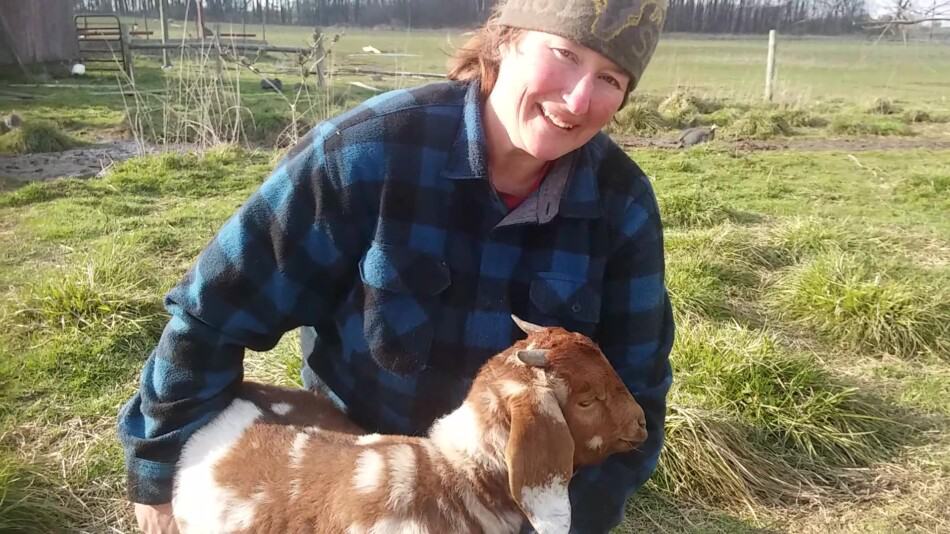
Where this gets squiffy is in the mega farms or corporate farms.
The huge farm is so big many of the people working at the business would never interact with animals, despite being employed on a livestock farm.
For instance, the farm manager for a large dairy with thousands of cows would rarely if ever milk the cows-other employees do that and many other jobs that are hands on with the cattle.
The manager is managing people in an operation this size.
Hopefully, he is teaching good animal husbandry and setting this as the standard for getting things done, but day to day animal husbandry would be done by the people actually with the cattle.
Good animal husbandry is vital
Good animal husbandry is the cornerstone of any livestock operation, regardless of size. Sadly, not everyone has realize this.
Some individuals in animal agriculture view the animals as a production unit only, almost like a robot on an assembly line. That is a poor attitude.
While it is true that the purpose of a livestock based business is to make money, it is a fatal flaw to neglect the happiness of the stock.
Animals, all animals, will perform better in an environment in which they are happy.
Happy animals grow faster, utilize feed more efficiently, and end up being more productive. That means more profitability.
However, neglecting the needs and wants of the animals in your care will lead to more stress on you and the livestock.
Stressed animals are the opposite of happy ones in that stressed stock will be more prone to illness, will grow slower and yield a poorer quality result for the consumer.
Take a minute to ponder that last sentence.
Good animal husbandry = more profit. It’s that easy.
Poor animal husbandry might be a quicker fix in the short term but is always much poorer choice in the long term.
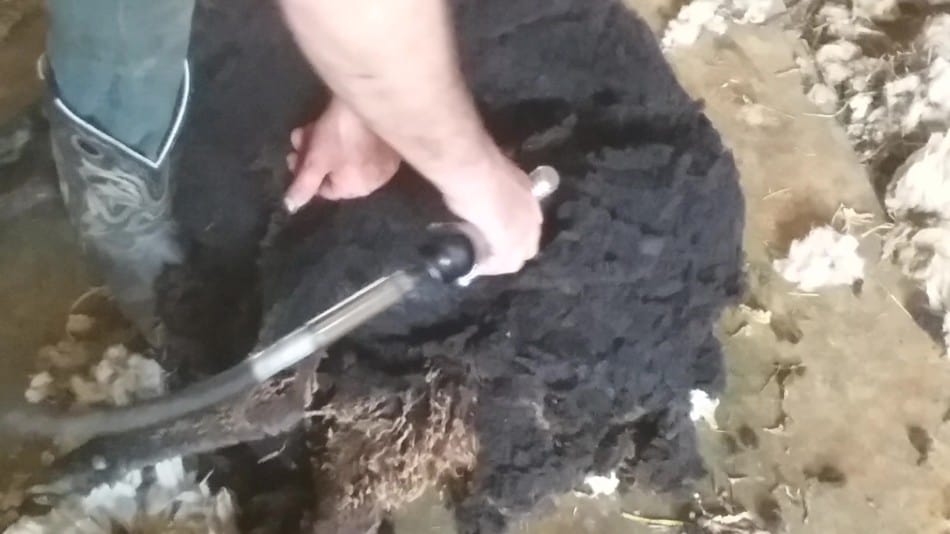
Improve your animal husbandry skills
- Spend time with your animals! Observing your stock daily will help you learn to recognize when they are happy or nervous. Once you know their normal actions now you can pick up on anything that is abnormal.
- Consider the needs of the animal. Are the animals happy to be at your place? Do they have buddies?
- How do they look? Shiny hair coat and good body condition? This is what you are aiming for!
- How does their pen or pasture look? Do they have space to be themselves? Meaning cattle and sheep are built to graze, pigs are built to root. Are your animals expressing this type of normal behavior on a daily basis?
- Moving the stock should be low stress. Once they start to walk, give them some time to get there-no yelling or smacking needed.
Looking for more information? This is an easy one.
There are tons of articles and videos available on the internet. Start looking into it and more good options will come up.
One of my favorite channels for seeing happy livestock, mostly cattle, is Greg Judy of Green Pastures Farm. His website is GreenPasturesFarm.net. He puts out weekly videos.
Watch his animals, they are happy and calm. That’s livestock husbandry!
Look at Low Stress Livestock handling. There are some great articles for all livestock raisers to read on stock handling and many other subjects at a site called On Pasture.
I haven’t gotten through all of the articles there, but the ones I have read are super.
From what I have seen these are ranchers writing about low stress livestock handling, so they are moving a large number of livestock through working facilities with knowledgeable help.
Even if you are a small producer or just getting started there are tons of tips to pick up on and ideas that can be applied to your situation no matter the size of your livestock operation.
Improve your animal husbandry skills today
There is no better teacher than experience, so jump in and get started! Time with the animals will be your number one teacher.
Read up on some people you admire, watch videos of people with happy, healthy livestock and see how they approach working with their animals.
An internship may be an option for you, or attending a school or workshop if that makes you feel more comfortable.
Whichever you choose, nothing will take the place of and help you to learn faster than working with livestock hands on. Start somewhere and build.
Start your animal husbandry research
Here is a short list of articles on my site that would help get you started with your own livestock.
Some are animal specific but the main ideas for selecting high quality livestock are the same across all species. Good Luck!
Family Cow; How To Choose And Care For Her
